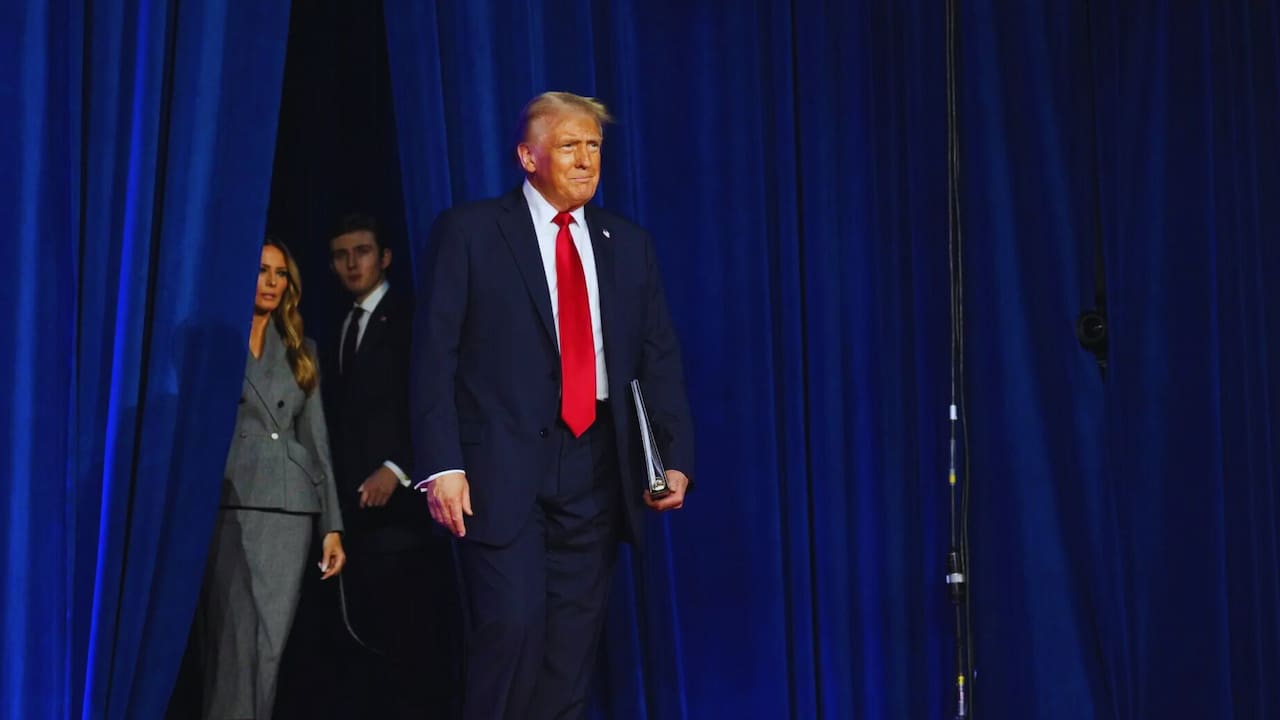Trump’s Second Term Takes Shape: Universities Brace for Change as Loyalists Fill Key Posts
In a rapid series of developments following his November victory, President-elect Donald Trump is swiftly assembling his new administration while sending waves of concern through America’s higher education system.
Trump’s transition team is rapidly progressing, as he has announced several significant appointments that indicate a distinct path for his second term. Most notably, Trump expects Senator Marco Rubio of Florida, once a fierce critic turned loyal defender, to assume the role of Secretary of State.
The selection of Rubio, along with other appointments like Representative Michael Waltz as National Security Adviser and Stephen Miller as Deputy Chief of Staff, suggests Trump is prioritizing loyalty and ideological alignment in his second administration.
The swift cabinet formation comes as universities across the nation prepare for what many fear could be a challenging period for higher education. Trump’s campaign rhetoric has been particularly pointed, emphasizing the need to “reclaim” colleges from Marxist maniacs.
The combination of this stark language and his running mate JD Vance’s depiction of universities as “the enemy” has sparked concern within academic circles.
The timing couldn’t be more critical for higher education. The sector is already reeling from recent controversies, including the high-profile resignations of two Ivy League presidents following their controversial Congressional testimony about campus antisemitism.
Lynn Pasquerella, president of the American Association of Colleges and Universities, describes this as “a moment of enormity for American higher education.”
Trump’s educational agenda appears to be taking concrete shape. His team has floated several significant proposals:
- The American Academy was established as a tuition-free online university.
- The government is expanding endowment taxes on wealthy institutions.
- Overhaul of the college accreditation process
- Rollback of diversity initiatives and transgender student protections
- Privatization of student loans
These proposals come alongside Trump’s picks for key positions affecting education policy. Trump has appointed Mike Huckabee, the former Arkansas governor, as the U.S. Ambassador to Israel, and Representative Elise Stefanik to the UN. These appointments could influence how universities handle issues like campus protests related to the Israel-Gaza conflict.
The reaction from university leaders has been mixed. Michael Roth, Wesleyan University’s president, has taken a bold stance, pledging to strengthen his institution’s equity and inclusion efforts despite potential pushback. Others, like David Greene of Colby College, warn that increased endowment taxes would primarily hurt students rather than institutions.
Some industry leaders are seeking middle ground. Ted Mitchell of the American Council on Education hopes to find common cause with the new administration on issues like job preparation and civic values. However, he expresses concern about the use of federal funding to enforce ideological conformity.
As the transition moves forward, universities face tough choices about how to respond to these changes. Some experts, like Dr. Robert Kelchen of the University of Tennessee, advise that selective private colleges and large public universities in blue states should be particularly watchful.
The coming months will be crucial as Trump’s team continues to fill key positions and begins implementing their vision for American higher education. We remain to see whether this marks a fundamental reshape of the nation’s academic landscape or leads to a more nuanced accommodation between universities and the new administration.
What’s clear is that higher education stands at a crossroads, facing perhaps its most significant political challenge in recent memory. How institutions navigate this new landscape could define American academia for years to come.
